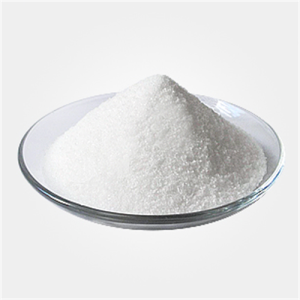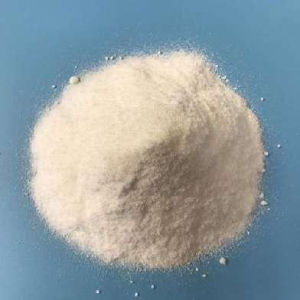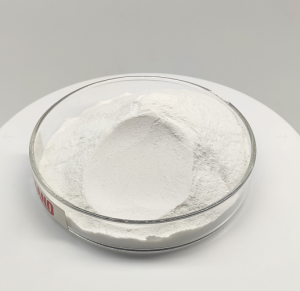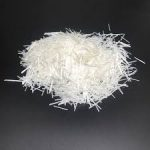Professional solutions on concrete addtives, Concrete Foaming Agent, Superplasticizer, CLC Blocks Additives, and foaming machine
Drilling mud, also known as drilling fluid, is a key element in the oil and gas industry. It has multiple functions, including cooling and lubricating the drill bit, removing rock debris from the wellbore, and maintaining pressure balance to prevent blowouts. However, more than relying solely on raw drilling mud may be required to meet all operational requirements. This is where drilling mud additives come into play, improving the performance of drilling fluids and addressing specific challenges encountered during the drilling process.
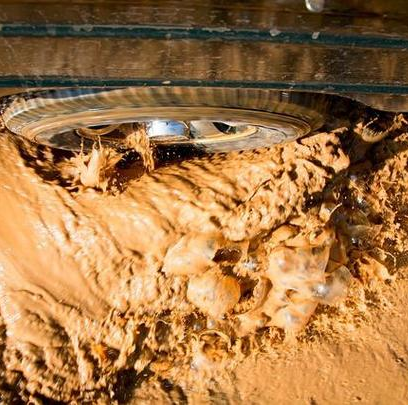
drilling fluid
In recent years, environmental issues have become a focus, prompting stricter regulation of drilling activities. Governments around the world are implementing policies aimed at reducing the environmental impact of energy extraction. For example, the EU’s Green Deal emphasizes that all industries, including oil and gas, need to adopt sustainable practices. In response, drilling companies are increasingly turning to environmentally friendly DMA to minimize pollution and ensure compliance with environmental standards.
The advancement of chemical engineering has led to the development of highly specialized DMAs specifically designed to meet the unique needs of modern drilling operations. These additives are designed to enhance various properties of drilling mud, such as viscosity, filtration control, and stability under extreme conditions. The innovation of nanotechnology and biodegradable materials is paving the way for the next generation of DMAs, which provide excellent performance while minimizing ecological risks.
Application of drilling mud additives
Viscosity control agent: Viscosity control agent adjusts the viscosity of drilling mud to optimize flow characteristics. High-viscosity mud can effectively remove drill cuttings from the drill bit, prevent blockage, and ensure smooth operation. On the contrary, low-viscosity mud can accelerate circulation speed and increase drilling speed. Common viscosity control agents include polymers, lignosulfonates, and bentonite.
Filter control agent: The filter control agent reduces the loss of drilling fluid entering the formation by forming a thin, impermeable filter cake on the wellbore wall. This not only prevents fluid intrusion but also maintains wellbore stability. Examples of filtration control agents include starch, cellulose derivatives, and synthetic polymers.
Weighting agent: A weighting agent can increase the density of drilling mud to counteract high-pressure formations and prevent blowouts. Barite (barium sulfate) has become the most commonly used weighting agent due to its high density and good compatibility with other additives. Alternative weighting agents such as hematite and ilmenite are being explored for their environmental benefits.
Lubricant: Lubricants reduce friction between the drill string and wellbore, lowering torque and resistance. This improves drilling efficiency and reduces equipment wear and tear. Common lubricants include mineral oils, synthetic esters, and fatty acids. Environmentally friendly alternatives, such as plant-based lubricants, are becoming increasingly popular due to their biodegradability and low toxicity.
Fungicide: Fungicides can eliminate harmful microorganisms that may contaminate drilling fluids and cause problems such as acidification and corrosion. Effective fungicides must be broad-spectrum, fast-acting, and compatible with other additives. The emerging trend tends to use environmentally friendly fungicides from natural sources, such as essential oils and plant extracts.
Instructions for using drilling mud additives
Accurate measurement and mixing: Accurately measuring the amount of additives is crucial to ensure adequate dosage, which may affect performance. The automatic dosing system equipped with a real-time monitoring function ensures consistent and accurate addition of DMA. Fully mixing additives into drilling mud is equally important for achieving uniform distribution and maximizing efficiency.
Regular monitoring and adjustment: In order to adapt to constantly changing conditions, it is necessary to monitor the performance of drilling fluid continuously. Parameters such as viscosity, density, and filtration rate should be regularly checked and adjusted as needed. Advanced analytical tools, such as rheometers and spectrometers, provide valuable insights into fluid behavior and can be adjusted in a timely manner to maintain optimal performance.
Compatibility testing: Compatibility testing must be conducted before introducing new additives into existing formulations. Incompatible additives can cause adverse reactions, performance degradation, and even equipment damage. Compatibility testing ensures that all components work together, improving overall efficiency and reliability.
Combining DMA to improve performance: The true power of drilling mud additives lies in their ability to work together. By combining multiple additives, drilling companies can create customized formulas to address specific challenges and optimize performance. For example, combining viscosity control agents with filtration control agents can improve flow characteristics and wellbore stability. Similarly, pairing lubricants with weighting agents can improve drilling efficiency while maintaining pressure balance.
In short, drilling mud additives are the cornerstone of modern drilling technology, driving innovation and sustainable development in the energy industry. Its diverse applications and strategic usage methods enable drilling operations to overcome complex challenges while complying with strict environmental regulations. As the world continues to transition towards cleaner energy, the role of DMA will only become more important. By adopting advanced technology and environmental practices, the industry can pave the way for a more sustainable and efficient future.
Supplier
Cabr-Concrete is a supplier under TRUNNANO of Concrete Admixture with over 12 years of experience in nano-building energy conservation and nanotechnology development. It accepts payment via Credit Card, T/T, West Union and Paypal. TRUNNANO will ship the goods to customers overseas through FedEx, DHL, by air, or by sea. If you are looking for drilling fluid, please feel free to contact us and send an inquiry.sales@cabr-concrete.com




